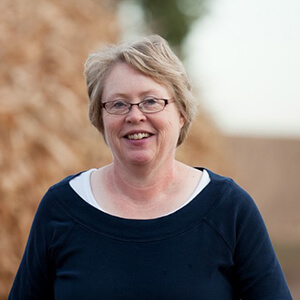
I know, you have probably heard this a million times. But it’s true. For all of you farmers, you need to tell your story. And now is the time.
So what does “tell your story” mean?
Simply, it’s talking or showing what you do and why you do it. If we don’t, other people will be telling our story for us and chances are, we are not going to like it because more than likely, it’s not going to be the truth.
For example, John Kerry, Climate Czar, is quoted as saying ag production accounts for 33% of global greenhouse gas emissions, making it essential to focus on reducing these emissions in the pursuit of a net-zero future. Sounds like we in agriculture are doing a terrible job. The truth is agriculture itself contributes 10-12% of greenhouse gas while the rest comes from packaging, transportation, and waste management. Also, much of these emissions come from developing countries. But this is what consumers are hearing.
I am not saying, we can’t do better because we all can. Our farming practices have changed and resulted in more efficiencies. This is something we have always done and will continue to do in the future. And sometimes, our old and true ag practices are best and we will stick with them.
So, the bottom line – here is a great opportunity for farmers to “show and tell” some of the new innovations they use on the farm.
Some tips:
If you are talking to someone in person, be respectful and honest. Look them in the eyes. Acknowledge their concerns or questions. Saying things like, “I hear you.” Then, in a respectful conversation, talk about what you do and why.
A few years ago, we volunteered at the Minnesota State Fair in the Swine Barn. My husband and I worked the farrowing stall with a sow and her piglets. As fairgoers come to see the sow and piglets, they have questions. Lots of questions. And for many of them, this is their only time meeting a farmer and being this close to farm livestock. My experience is when you tell them why the sow is in a farrowing stall or why the piglet’s tails are cut, 9 times out of 10, they understand when it is explained to them.


So, if you aren’t at the fair, who do you talk to?
Any and everybody. Your neighbors, the people you go to church with, your family, the people in the bleachers watching a high school basketball game. The list goes on and on.
Again, remember to tell your story or someone else will.





